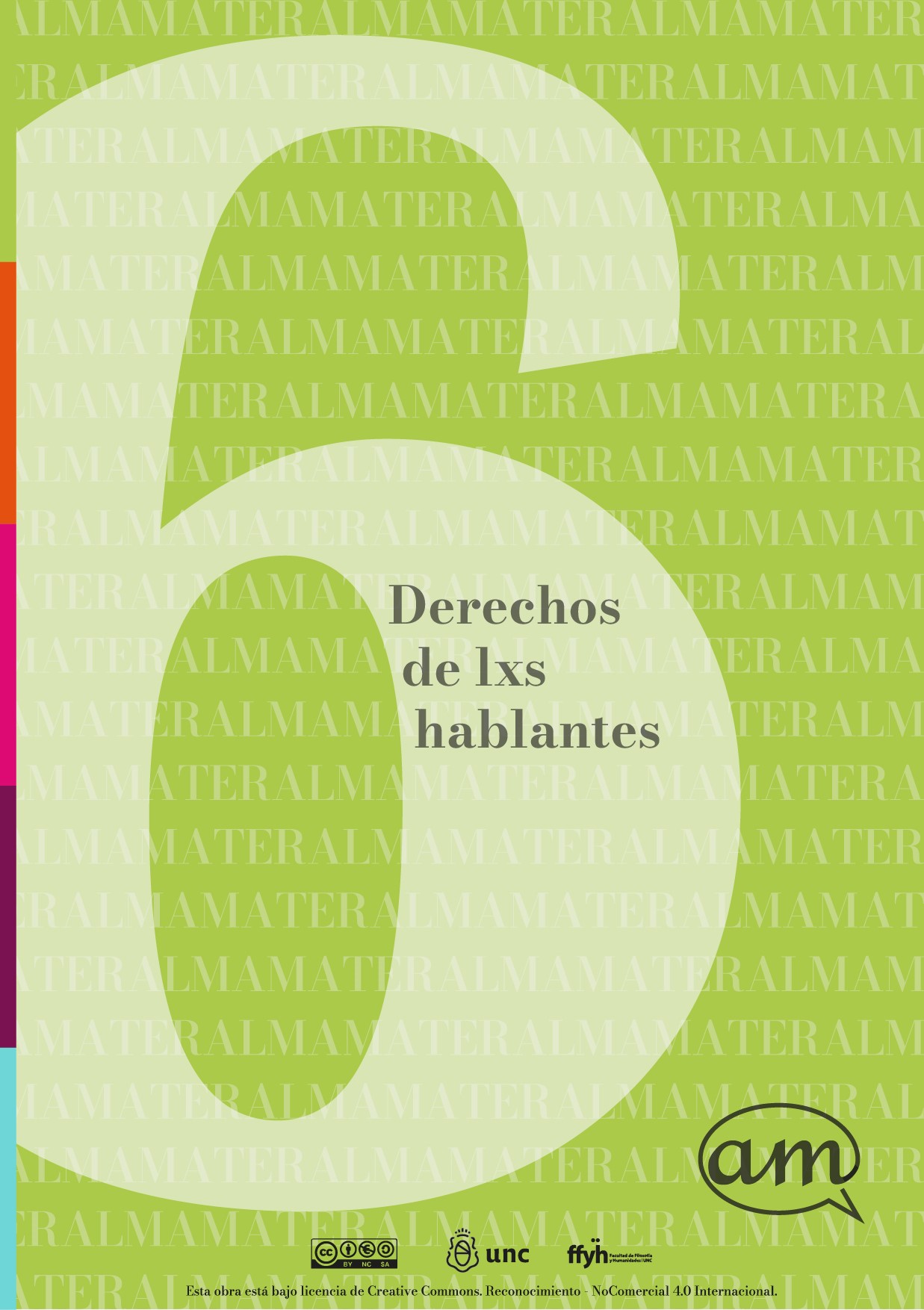Linguistic representations and ideologies about varieties of Spanish in the translation of Greek and Latin texts
Keywords:
Spanish, voseo, tuteo, translation, classical languagesAbstract
My aim in this article is to study from a sociolinguistic point of view the task of translating Latin to Spanish and Greek to Spanish at Escuela de Letras (Facultad de Filosofía y Humanidades, Universidad Nacional de Córdoba). Based on the analysis of student's translations, anonymous surveys and personal interviews to three students and one professor, I make an approach to linguistic representations and ideologies about three Spanish variants: peninsular Spanish, neutral Spanish and River Plate Spanish. My hypothesis is that those representations and ideologies lie behind the decisions translators make regarding two aspects that contribute to dialectally “mark” the Spanish used in translation: in the first place, the treatment systems chosen to translate second person pronouns and verbs and, to a lesser extent, lexical choices. Lastly, I intend to elucidate the level of awareness that translators have regarding their linguistic representations and ideologies and their influence on their own translation practices.

Downloads
Published
Issue
Section
License
Copyright (c) 2024 Miqueas Gatti

This work is licensed under a Creative Commons Attribution-NonCommercial 4.0 International License.
Los textos están protegidos por una Licencia Creative Commons Atribución/Reconocimiento-NoComercial 4.0 Licencia Pública Internacional — CC BY-NC 4.0. Dicha licencia autoriza a a terceros utilizar lo publicado, siempre que se otorgue el adecuado reconocimiento; se mencione la autoría del trabajo y la publicación en la revista Alma Máter y no se haga uso del material con propósitos comerciales.





